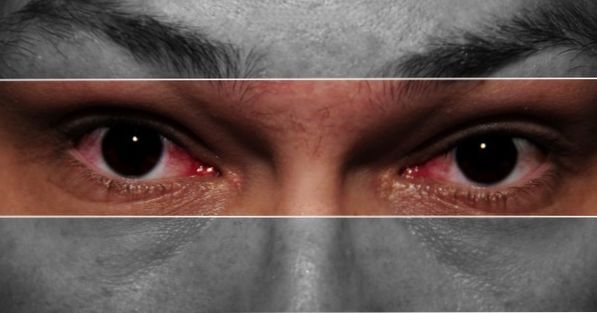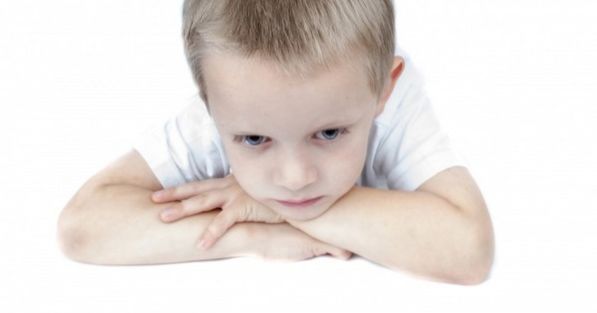Challenging oppositional disorder has a cure. If not properly treated, oppositional defiant disorder may develop into other disorders, such as conduct disorder and antisocial personality disorder.
In adolescence, ODT can increase the risk of anxiety disorder, alcohol abuse, drug use and delinquency.
The earlier the treatment of oppositional defiant disorder begins, the greater the chances of recovery and preventing the disorder from developing into more severe conditions.
The treatment should address several methods, taking into account in particular the social and family environments in which children are inserted.
In addition to child psychotherapy, family therapy and parental guidance are also part of the treatment.
When the child has other associated mental disorders such as anxiety, ADHD, depression and bipolarity, the use of medications may be necessary.
With proper treatment, it is possible to control the symptoms of oppositional defiant disorder. Through psychotherapy, the child or adolescent learns to control emotions, especially anger, dealing with frustrations and socializing.
For parents, family counseling and psychologist counseling help develop better methods of discipline.
It is important to emphasize that the success of the treatment depends greatly on the changes that must occur in the social and family environments that surround the child. Therefore, the results may take time to appear and the treatment may take years.
Learn more at:
How to Identify Challenging Oppositional Disorder (TOD)?
What are the causes of oppositional defiant disorder (ODD)?







